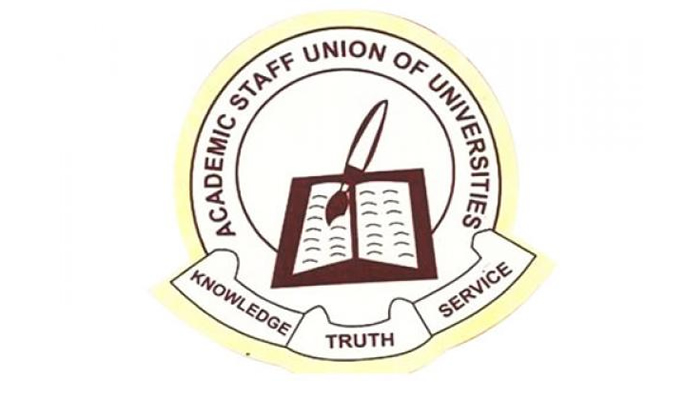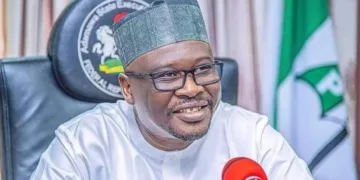The Academic Staff Union of Universities (ASUU) has once again reiterated its demand for the establishment of a university-based Pension Fund Administration (PFA), insisting that such a measure was crucial to safeguard the welfare of lecturers and other university workers after retirement.
Coordinator of ASUU Bauchi zone, Prof. Namo Timothy, said this while addressing journalists after a meeting of the union in Bauchi yesterday.
He expressed deep concern over the worsening economic conditions faced by retired academics since the introduction of the Contributory Pension Scheme (CPS) in June 2004.
Prof. Timothy said the current arrangement had subjected university retirees, many of whom spent decades in service, to untold hardship.
The coordinator lamented that despite devoting more than 40 years to the development of higher education in Nigeria, senior academics now receive meagre pensions which cannot cater for their basic needs in today’s harsh economic climate.
“The reality is painful. Our retired colleagues are battling chronic health challenges, struggling to feed, pay rent, afford transportation, buy medications, and even fend for their children who have graduated from universities but remain unemployed,” he said.
Prof. Timothy further described the situation as “an ugly trend that must be reversed,” stressing that the establishment of a dedicated university-based PFA would guarantee better retirement benefits and shield members from the brunt of government’s anti-people policies, compounded by galloping inflation and skyrocketing living costs.
He warned that failure to address the plight of retirees would not only worsen their suffering but also discourage young academics from committing themselves fully to the profession.
Prof. Timothy called on the federal government to release the three and a half months salaries of ASUU members withheld in 2022.
He said there was no justification for the continued withholding of the salaries, arguing that ASUU members had discharged their duties which earlier led to the government holding on to the salaries.
He warned that government failure to address the union’s demands would not guarantee industrial harmony between the government and the union.











